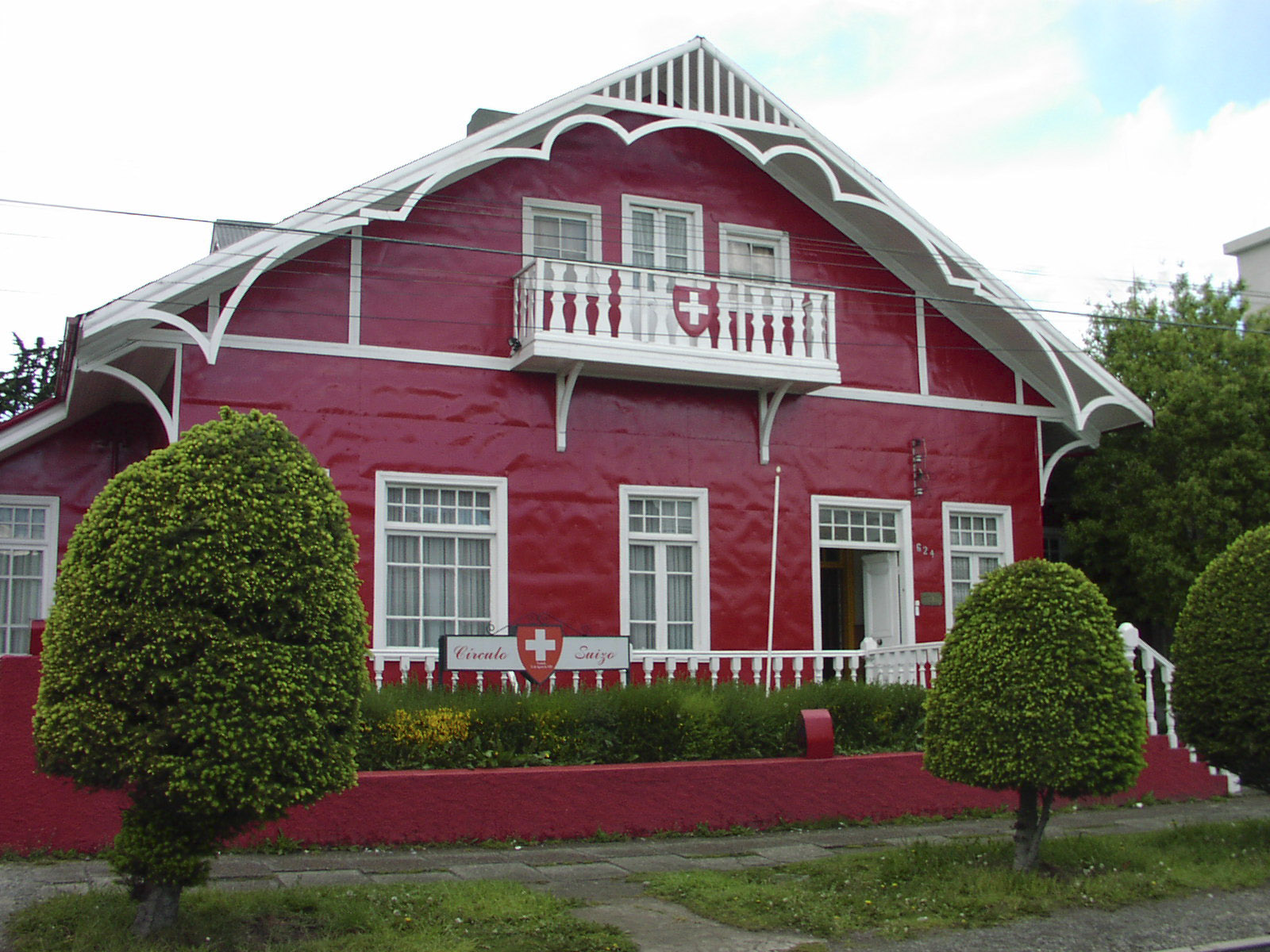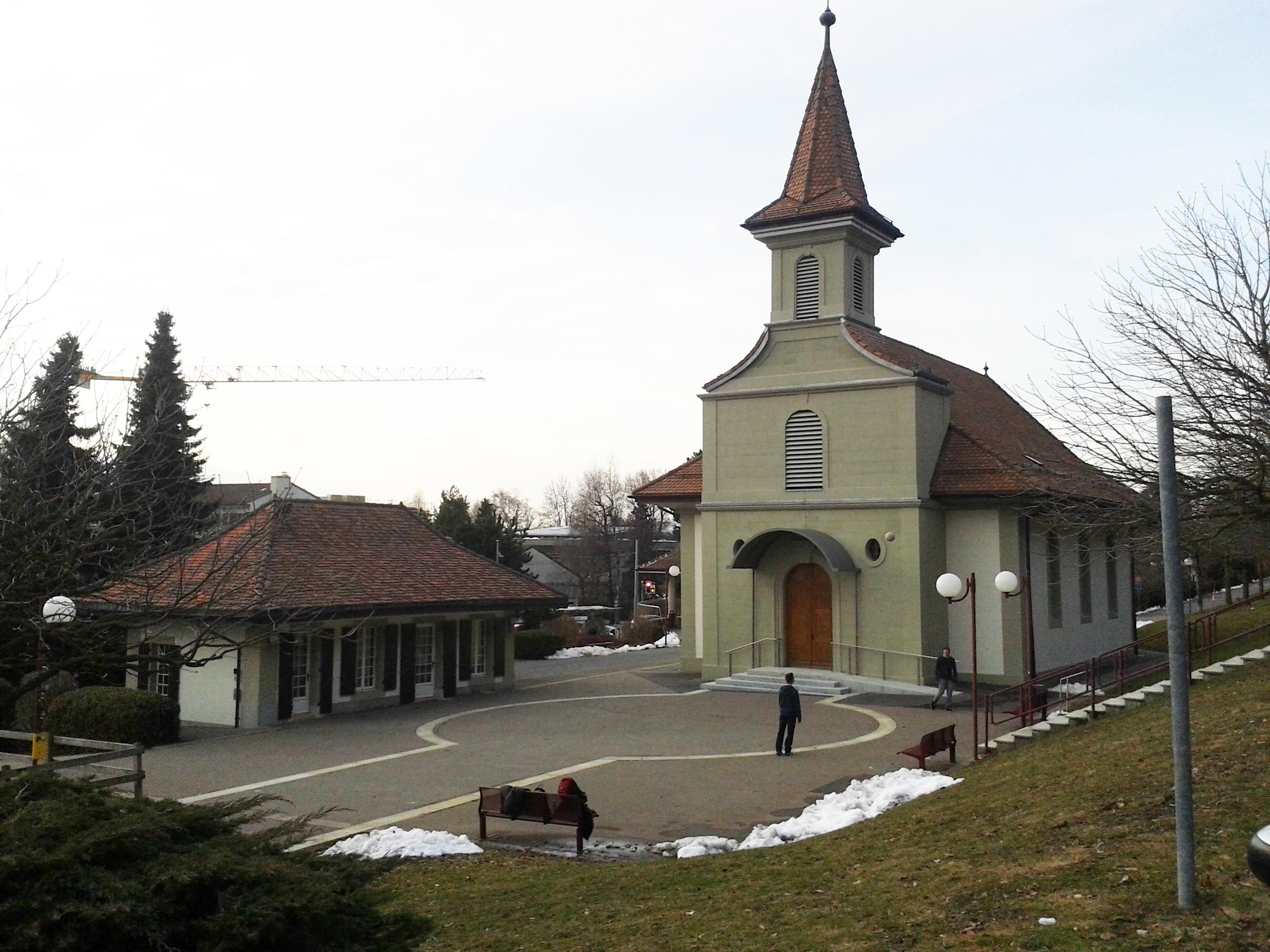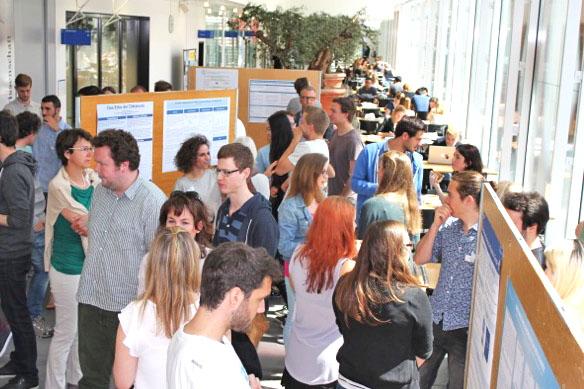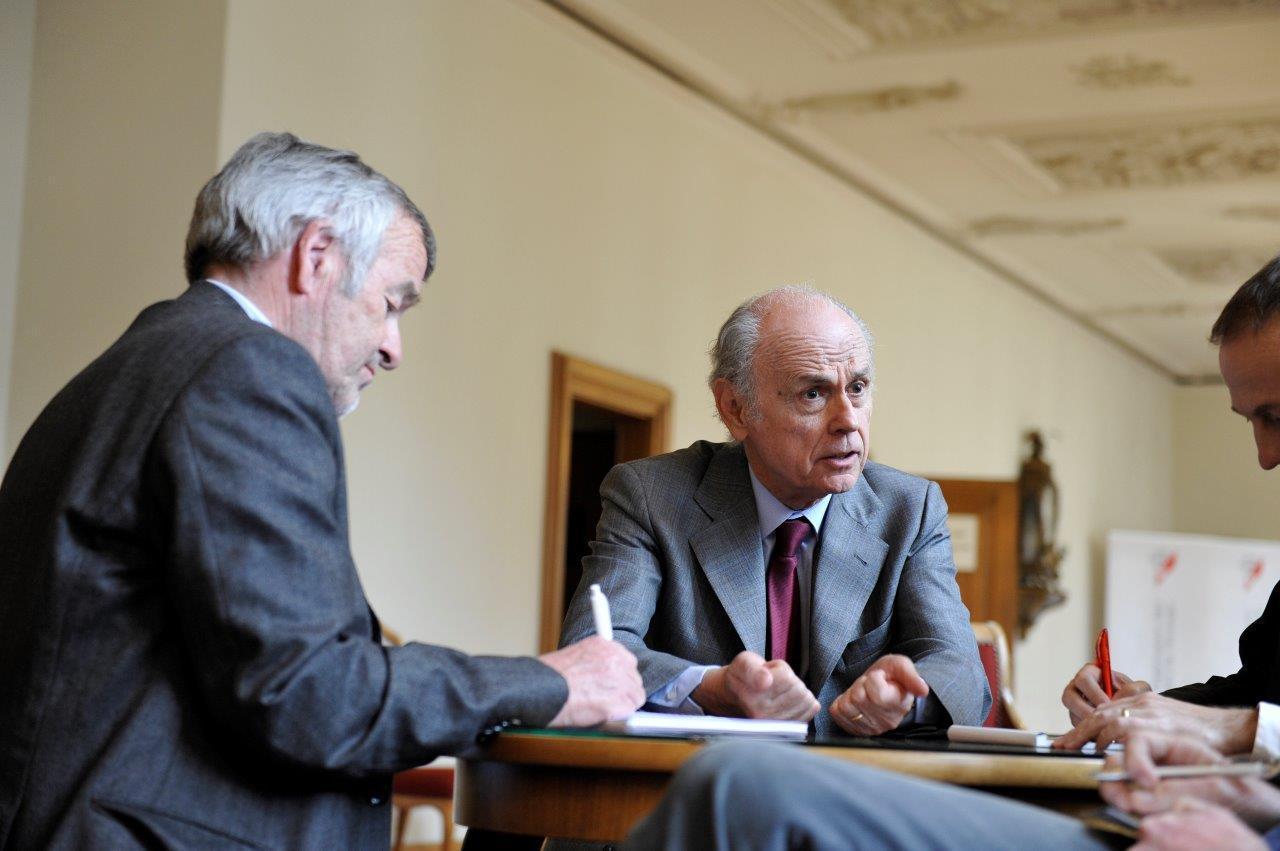How to encourage citizens to participate in politics

In time for October’s parliamentary elections, this year’s congress of the Organisation of the Swiss Abroad (OSA) focuses on citizens’ participation in politics. Their active role is a cornerstone for Switzerland’s direct democracy.
The slogan for the congress in Geneva – which elected Remo Gysin as its new president and adopted a resolution to push for e-voting for about 55,000 registered Swiss citizens abroad – is hardly a coincidence: Civic education: Guarantee for a living democracy.
In a country with a rich tradition of public votes, and only nine weeks ahead of the elections for the national parliament, interested and informed citizens are key for the successful functioning of the political system.
The average turnout of between 40 and 50% in nationwide votes in Switzerland might come as surprisingly low for some and confirm the views of others who consider direct democracy too demanding and complicated.
These critics might point the finger at the younger generation in particular, where less than a third took part in the 2011 parliamentary elections.

More
Swiss Abroad
But turnout is not higher among Swiss expats compared with the electorate at home, despite their increasing interest to register for votes and elections. Slow postal services in some countries are often blamed for the low turnout.
Therefore, the OSA has been pushing for the implementation of online voting for all expats around the world.
Progress has been steady but slow and in October only around half the expats who’ve registered will be able to cast their ballot electronically.
“We have been moving in the right direction, despite the slow pace and serious setbacks. But there are still many members of the expat community who can’t use the option of e-voting,” says OSA co-director Ariane Rustichelli.
Earlier this week the government decided to drastically limit the number of e-vote beneficiaries due to security concerns.
“It is very bad news for us. We call on the authorities to ensure that e-voting will finally be implemented for all Swiss expatriates for the 2019 parliamentary elections,” Rustichelli adds.
Initially, the government wanted about half the registered 142,000-strong expat community to be able to cast their ballot electronically this October.
Learning
Technical shortcomings can be remedied, but making e-voting widely available may not be enough to convince all to cast their ballot. Studies have shown that young adults in particular have to be made aware of their rights and duties as citizens. Schools or other public and private initiatives have been trying to do so.

More
What is civic education?
The two-day OSA congress is contributing to these efforts with series of round-table discussions, workshops and the participation of prominent politicians, including a keynote speech by Communications Minister Doris Leuthard.
Experts in e-voting, communication and human rights will highlight different aspects of direct democracy and civic education in Switzerland and abroad.
The kinds of information a citizen needs to form an opinion, is expected to be part of the discussion. What role is there for schools, the media, non-governmental organisations as a player in civic society? How can a special multimedia project of all the Swiss Broadcasting Corporation units, PolitboxExternal link, help boost interest of young people in direct democracy?
Annual Congress
The interests of the about 750,000 Swiss abroad are represented by the OSA, an organisation which will celebrate its 100th anniversary next year.
This year’s two-day OSA congress takes place in Geneva on August 15-16.
It is preceded on Friday by a bi-annual meeting of the Council of the Swiss Abroad, the organisation’s official mouthpiece.
At the meeting, the council elected Remo Gysin as its new OSA president, replacing Jacques-Simon Eggly who stepped down after having led the organisation since 2007. It also adopted a resolution on e-voting, protesting a decision by the Federal Council just two days earlier to reject requests to offer electronic voting to about 55,000 registered Swiss citizens abroad, due to security concerns.
The executive is made up of 125 delegates from Swiss associations and clubs abroad as well as representatives of institutions at home.

In compliance with the JTI standards
More: SWI swissinfo.ch certified by the Journalism Trust Initiative








You can find an overview of ongoing debates with our journalists here. Please join us!
If you want to start a conversation about a topic raised in this article or want to report factual errors, email us at english@swissinfo.ch.